
Game theory applications in Financial Markets
28 December, 2023
Game theory applications in Financial Markets
Game theory is the study of strategic decision-making - how individuals interact and compete in situations of conflict and cooperation. In financial markets, game theory provides a powerful framework for understanding the complex behaviors that emerge from the decisions of many independent but interdependent players. Every day on Wall Street, investment funds, traders, regulators, and companies are all engaged in strategic interactions as they attempt to outwit each other and maximize their own returns.
Game theory gives us tools to cut through this complexity and model how rational players should act given their incentives, information, and beliefs about how others will respond. By representing financial scenarios as "games" and deriving equilibrium strategies, we gain valuable insights into pricing dynamics, risky trades, regulatory oversight, and more. In this article, we will explore how the logic of game theory is profoundly shaping many areas of today's financial world.
Asset pricing
Asset pricing is a complex area where the decisions of many individual investors collectively determine market outcomes. Game theory provides a useful framework for understanding this dynamic competitive process. At its core, asset pricing can be modeled as a game where each investor aims to maximize their own returns based on their expectations of the security's future value as well as how other traders will react. In this game theoretical framework, investors reason strategically about what information others have access to and how their aggregate actions will influence prices.
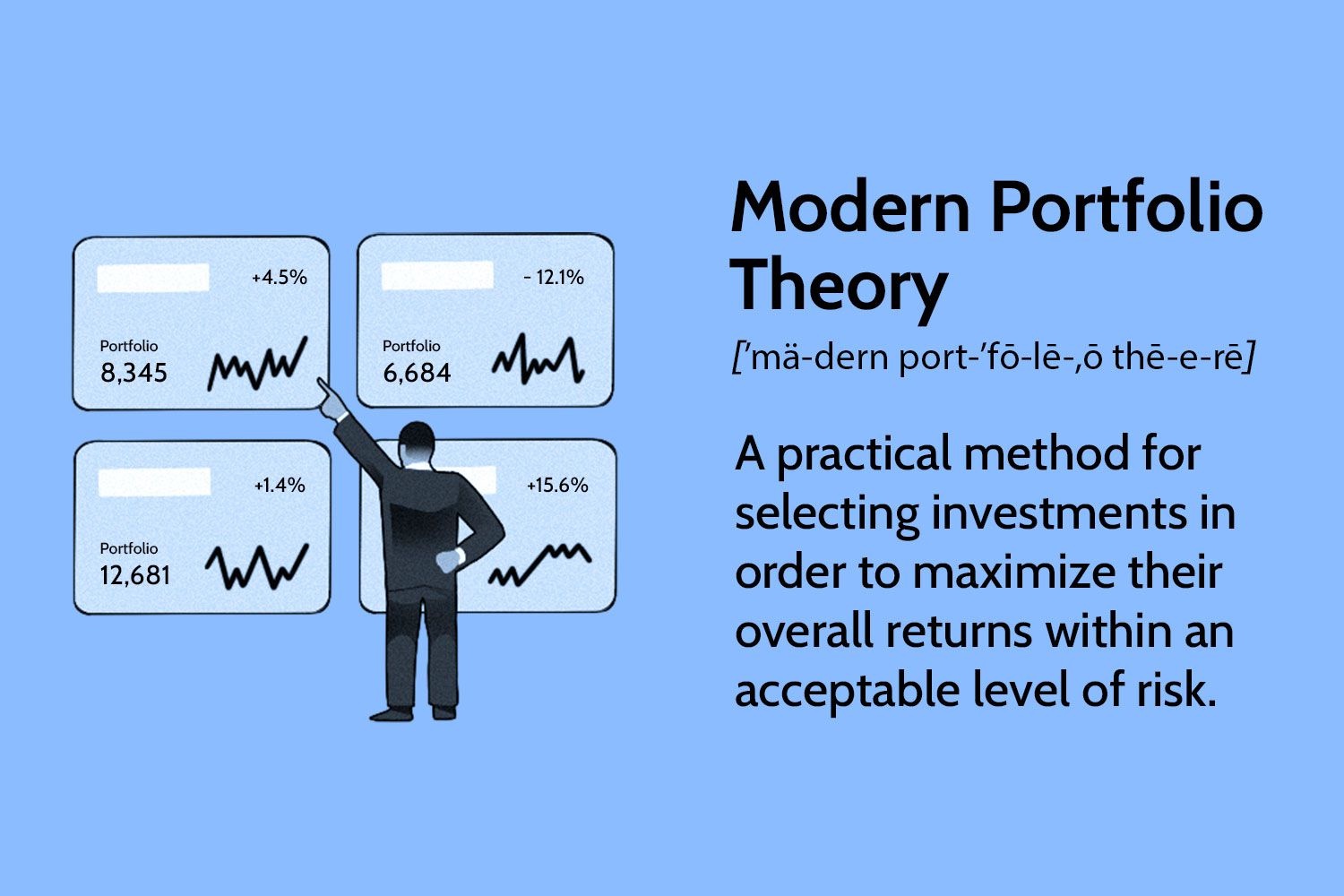
This approach sheds light on the formation of asset bubbles and crashes. During bull markets, investors see rising prices and assume others see further gains, creating a self-reinforcing feedback loop as buying begets more buying. However, this can result in prices far exceeding fundamentals as expectations become detached from reality. The model shows how such a “bubble equilibrium” can persist as long as sentiment remains positive. Yet bubbles leave markets vulnerable due to their fragility. Even minor changes in expectations could trigger a shift to a “crash equilibrium” if traders coordinate on pessimism.
By precisely defining the strategic incentives in place, game theory offers quantitative insights into phenomena like herding behavior, feedback effects, and tipping points that traditional models struggle to explain. This helps identify market vulnerabilities and warning signs of unsustainable booms. The theory also informs practical strategies, such as optimal timing of trades to exploit information cascades. Overall, viewing asset pricing through the lens of game theory deepens our understanding of its complex competitive dynamics and how bubbles and crashes can emerge from rational behavior.
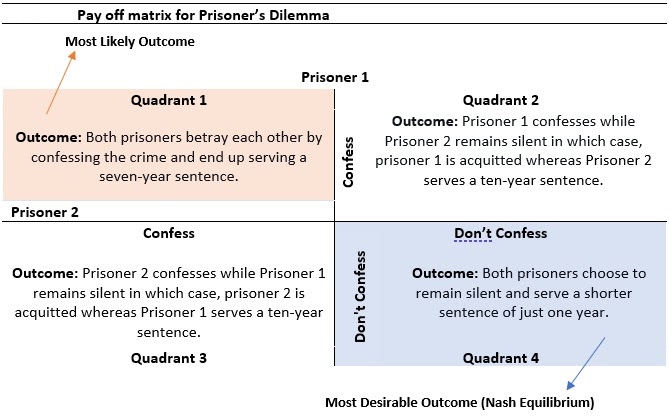
Investment strategies
In the competitive world of institutional investing, fund managers are constantly interacting with and reacting to the decisions of their peers. Game theory provides a framework to analyze these complex strategic dynamics through the lens of portfolio analysis. Models conceptualize the financial market as a game where each fund aims to assemble optimal holdings based not just on forecasts, but also on expectations of what information and trades other sophisticated players will undertake.
This allows simulating optimal trading strategies in scenarios of imperfect information. For example, a fund may decide to rapidly purchase a stock if they anticipate widespread positive analyst reports could cause others to also buy in, driving the price up further. However, their trade also conveys some private information that updates beliefs for other funds modeling this interaction strategically. Game theoretic models can derive the equilibrium strategies under different informational assumptions and feedback effects.
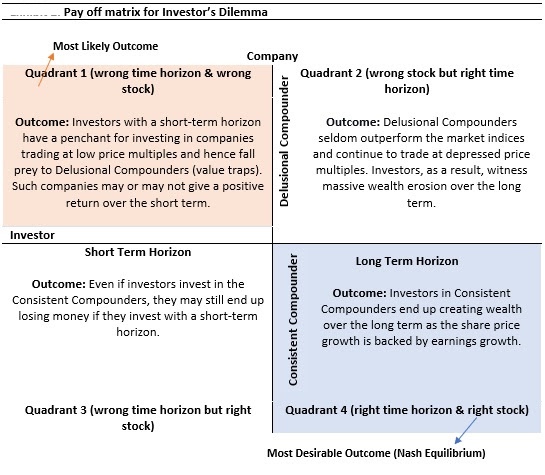
In practice, systematically applying such analytical approaches offers funds competitive advantages. They can identify optimal entry and exit points factoring in how their actions might influence or exploit the trades of competitor funds. This helps address inherent risks in passive strategies from crowded trades and herding behaviors. Game theory also informs the timing and co-ordination of large block trades to minimize market impact. Overall, the framework provides a powerful toolkit for funds to more precisely calibrate investments to the responsive strategic choices of other sophisticated investors.
High-frequency trading
The rise of algorithmic trading has transformed financial markets into high-speed games of strategic signaling. With trades executed in milliseconds based on limited information, high-frequency funds must adeptly decipher others' strategies through their actions alone. Game theory offers a compelling model for this environment by framing it as a game of imperfect information.
Each fund's trading algorithms aim to optimize profits based on private information like order flows, while also attempting to infer rivals' hidden types and future price movements from their live market activities. Models explore how strategic traders can selectively pick off less-informed counterparties or manipulate markets through order entry behavior. Competitive interactions determine short-term price dynamics as algorithms respond-and-anticipate each other's high-speed decisions.
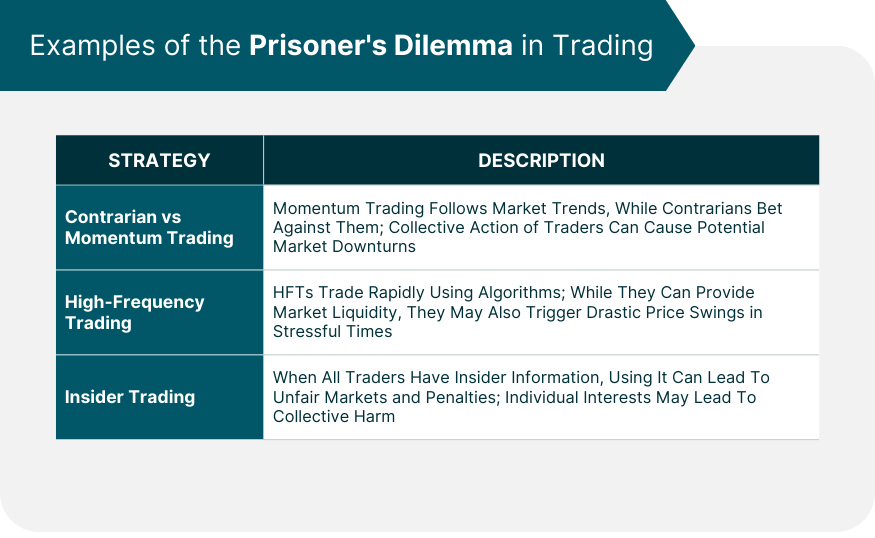
Practically, game theory helps design "agent-based" algorithms that learn optimal response functions by simulating competitive evolutionary processes. Funds can test strategies on historical order book data to evaluate sequencing and speed of execution under various reputational assumptions. The framework also informs regulatory challenges, such as whether transparency improves welfare by mitigating predatory behaviors between asymmetrically-informed algobots. Overall, game theory provides a sophisticated approach to modeling the strategic complexities of this technologically-driven trading segment.
Game Theory in Behavioral finance
While traditional finance assumes rational actors, behavioral findings show humans are also prone to psychological biases. Game theory offers a compelling framework for integrating such "irrationalities" into models of strategic decision-making. Rather than viewing anomalies as noise, the theory accounts for how heuristics and social influences interact to systematically impact outcomes.
Models explore herding as a coordination game where players overweight public information like prices at the expense of private signals. This helps explain asset bubbles as self-reinforcing conventions vulnerable to feedback effects. Panics are framed as a strategic complementarity problem where fear of losses motivates further selling regardless of fundamentals.
<
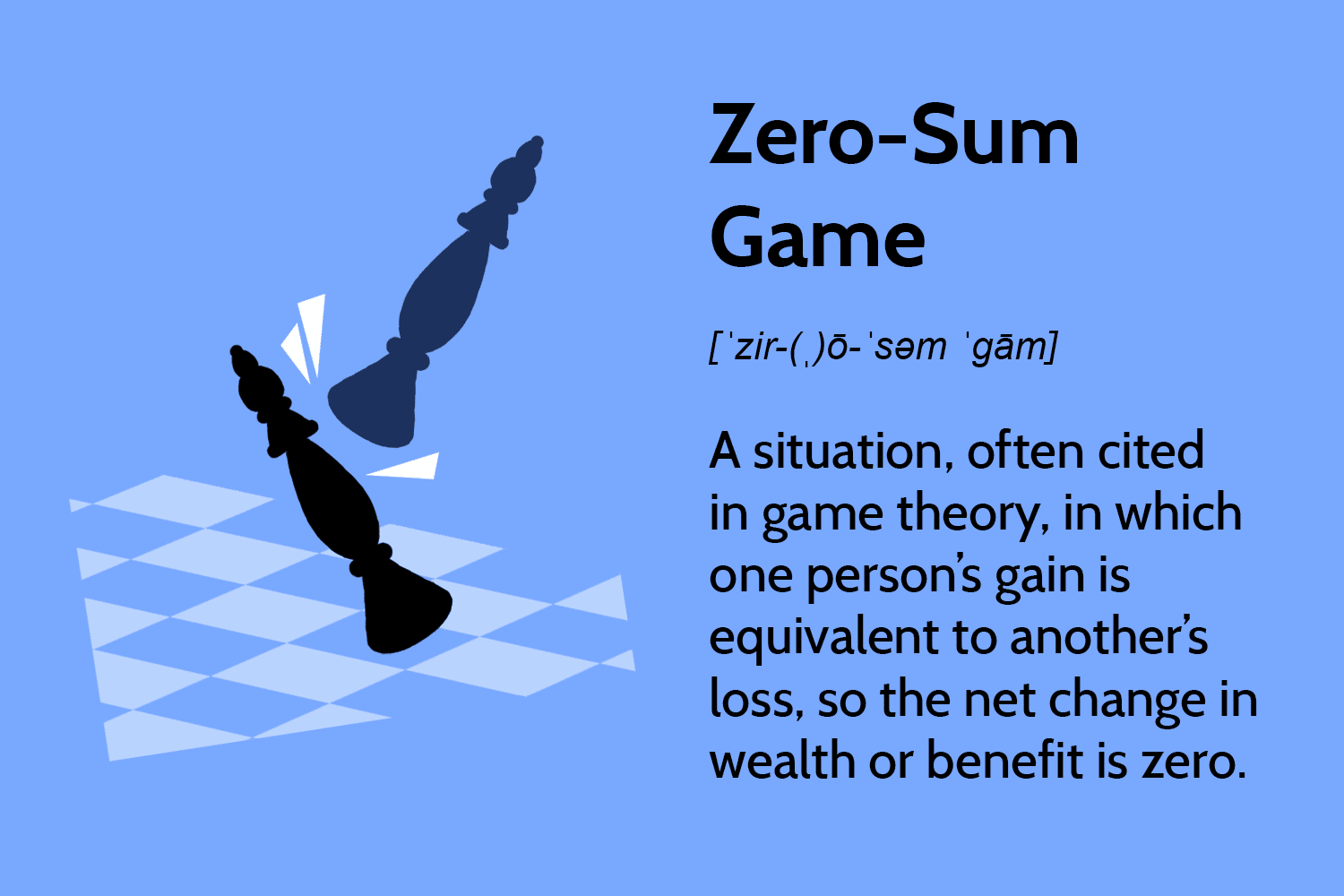 br>
br>
Game theory also sheds light on biases like overconfidence through models of asymmetric information. Traders overestimate their ability, skewing beliefs in ways that can destabilize markets or facilitate predatory behaviors. Competition between such heuristics-driven agents leads to emergent phenomena beyond rational expectations.
By incorporating insights from cognitive psychology, this approach generates deeper understanding of collective behaviors and their consequences. It helps identify vulnerabilities and inform "nudge" policies to mitigate effects of biases through incentive design. Overall, game theory provides a powerful platform for integrating behavioral anomalies into strategic models of financial decision-making.